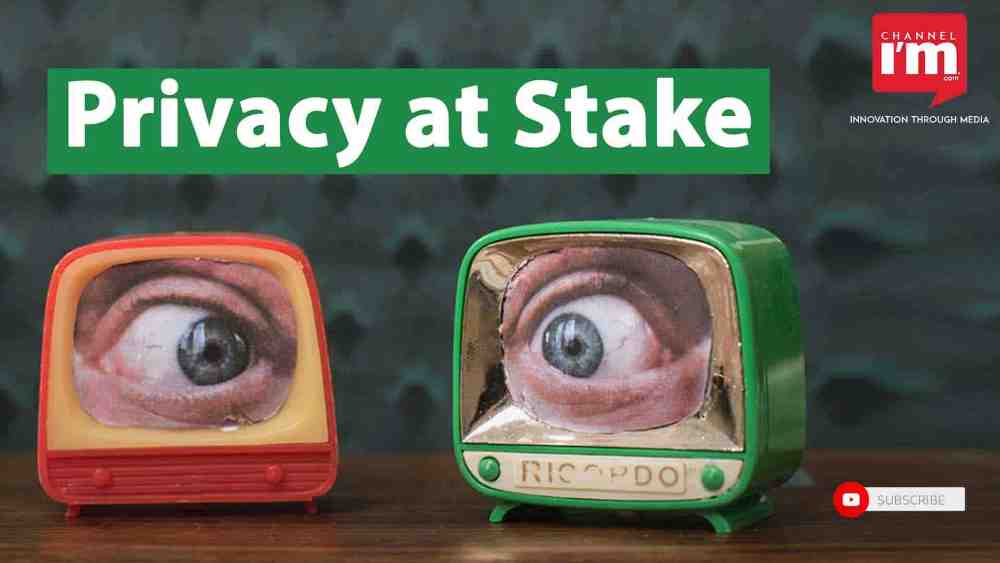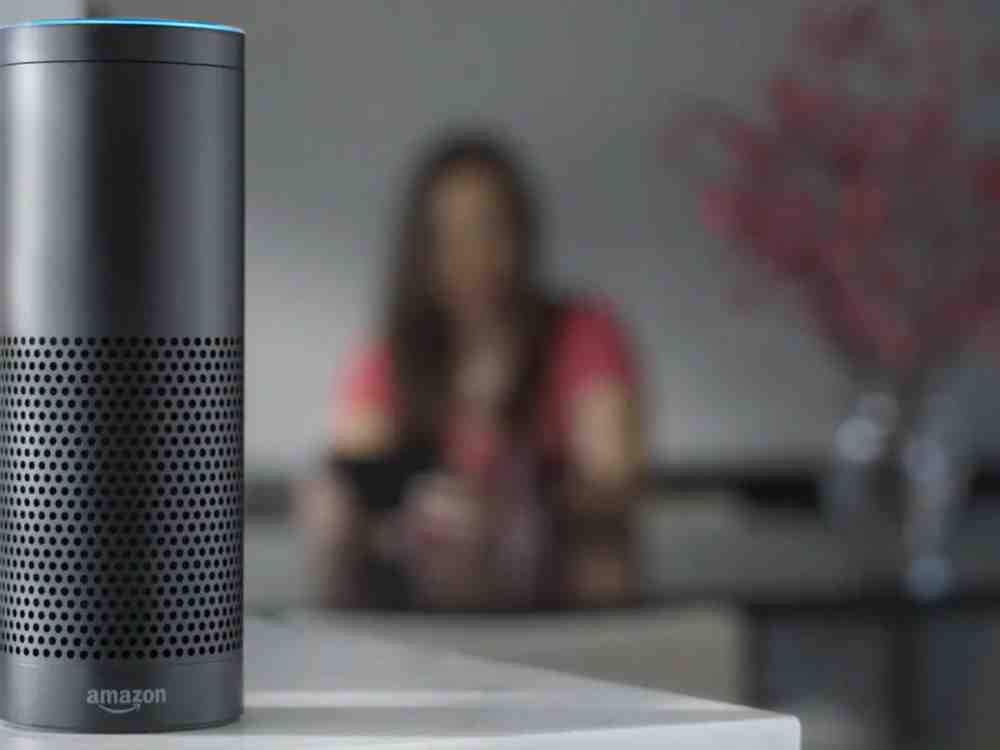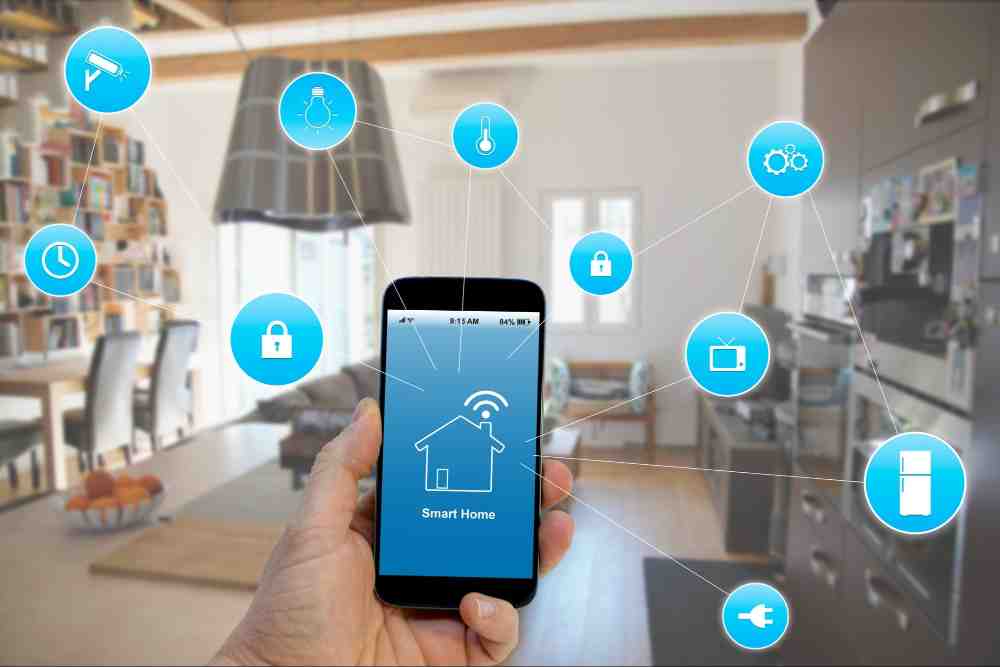Smart devices that spy on people obstruct the right to privacy

Ever had the feeling of being monitored even when no one was around? Well, this could be your smart tv! The television at your home, the fridge, the speakers and the webcams have a chip running inside which connects to IoT. Would we have ever imagined that the price we pay for our luxury smart gadget comes with a tag on our privacy?
The Internet of Things (IoT) is a system that connects any electronic device, machine, microchip, sensor, appliance, and building to the Internet. ‘Alexa’ and ‘Google Home’ process our voice commands. The robo vacs that are motion-sensored know every nook and corner of our home. The smart lights know our sleep patterns and monitor our heart rates. The ‘Alphonso’ software listens to all the BG sounds and processes the information. The wifi routers can also collect information about the user’s whereabouts. The scary part is that the information may not always be used to send harmless advertisements. In fact, the ‘Oh-so-cool’ smart devices do a ‘Not-so-cool’ work by invading our fundamental right to privacy.


The federal trade commission has come up with suggestions on securing internet connections. The global platform has come up with solutions to protect the privacy of every citizen through protection and regulation acts. Even so, it is up to users to protect their information so that hackers will not have a chance to invade our privacy. The simplest ways are switching off the WIFI, deleting data, disabling the microphone and camera and utilising the firewall. It is best to keep an audit by a security professional. Best to separate the guest and host networks for safer connectivity.
In Germany, smartwatches are considered a breach of privacy policy due to remote listening capability. The device lets parents listen to their children who are at school or anywhere. The fact is, not just the parents but hackers can also listen to them. That has forced parents to destroy smartwatches.
Do your research before purchasing a device to see its security sides. Make sure that the internet-connected device you purchase doesn’t store and send user data to third party proxy sites. Ensure to change passwords regularly and use a VPN with two-factor authentication.
Smart devices can be remarkably convenient for consumers, but the security risks of those devices cannot be ignored. It is high time device manufacturers design models keeping privacy concerns in mind.
Also Read : Syngas’s Liquid Sunlight, the best aviation innovation
